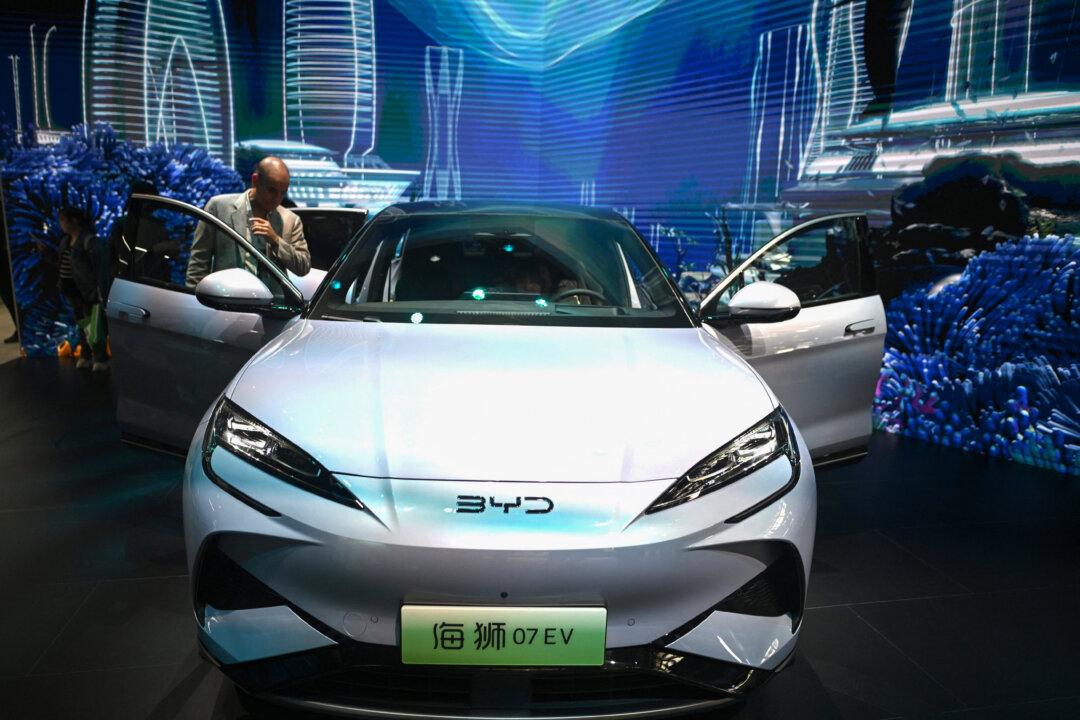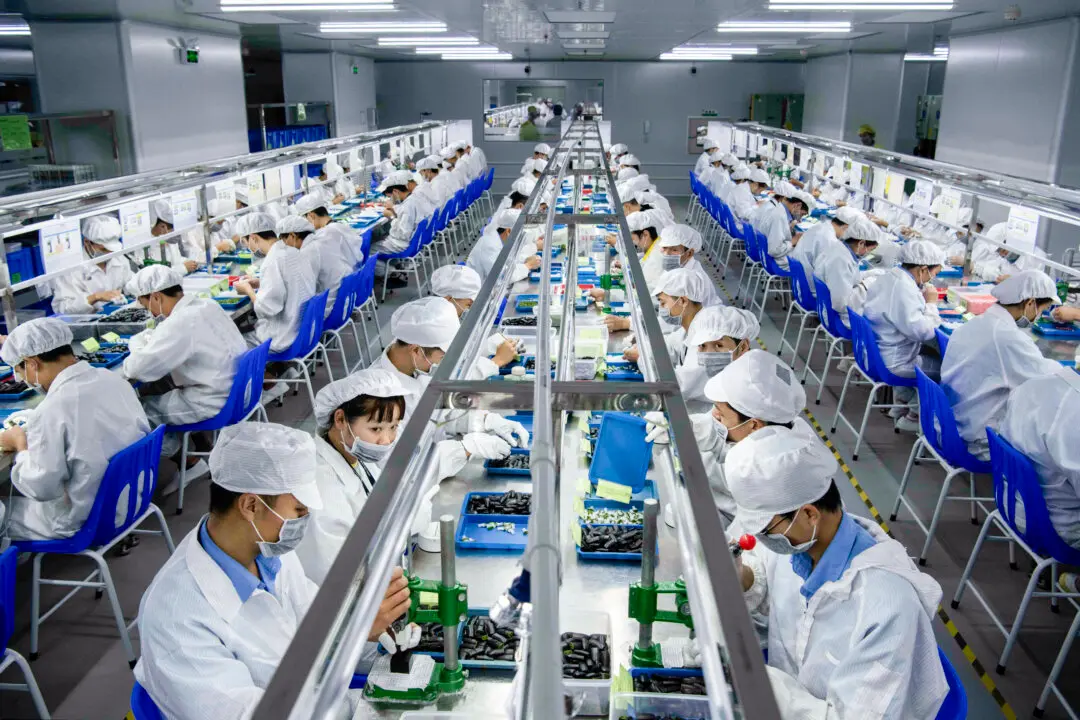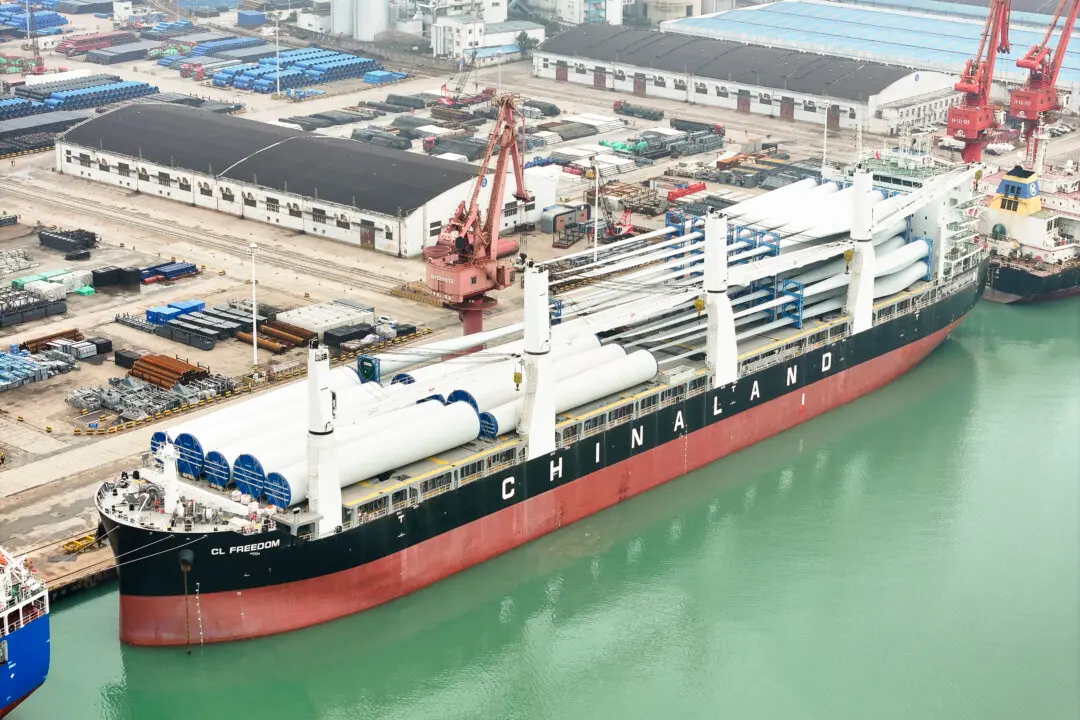Brussels announced on July 4 that companies that manufacture electric vehicles (EV) in China will be subjected to additional tariffs when their products are exported into the European Union market.
Tariffs of up to 37.6 percent on China-manufactured EVs were imposed by all member states starting July 5. The decision is binding and will initially apply for four months, after which it may be extended for years.





